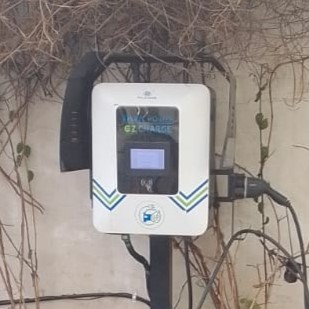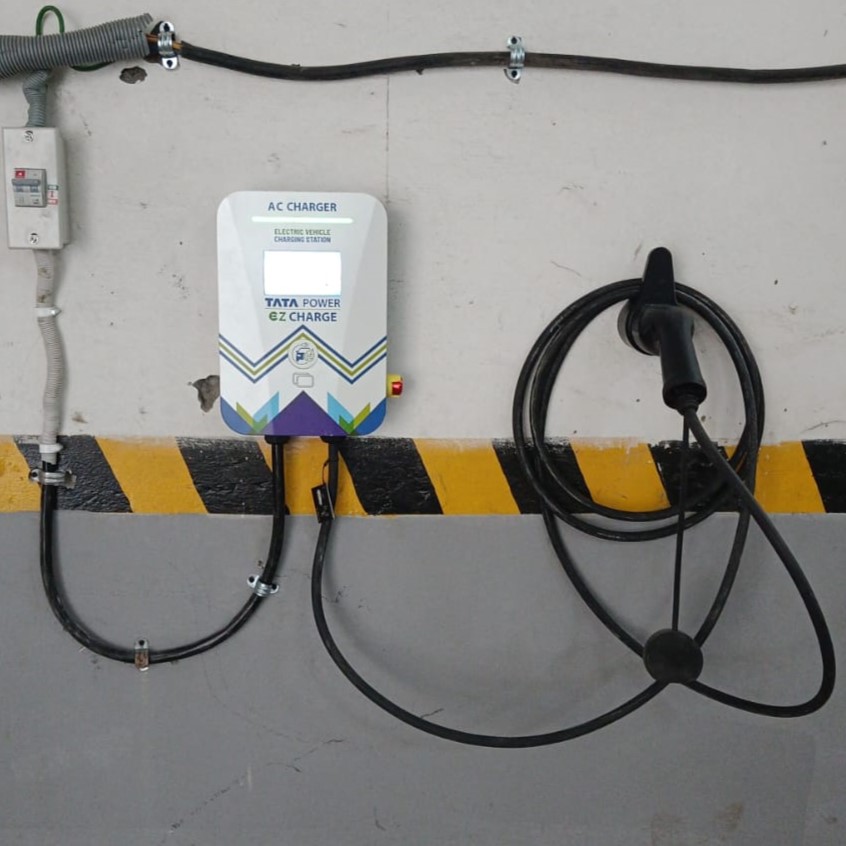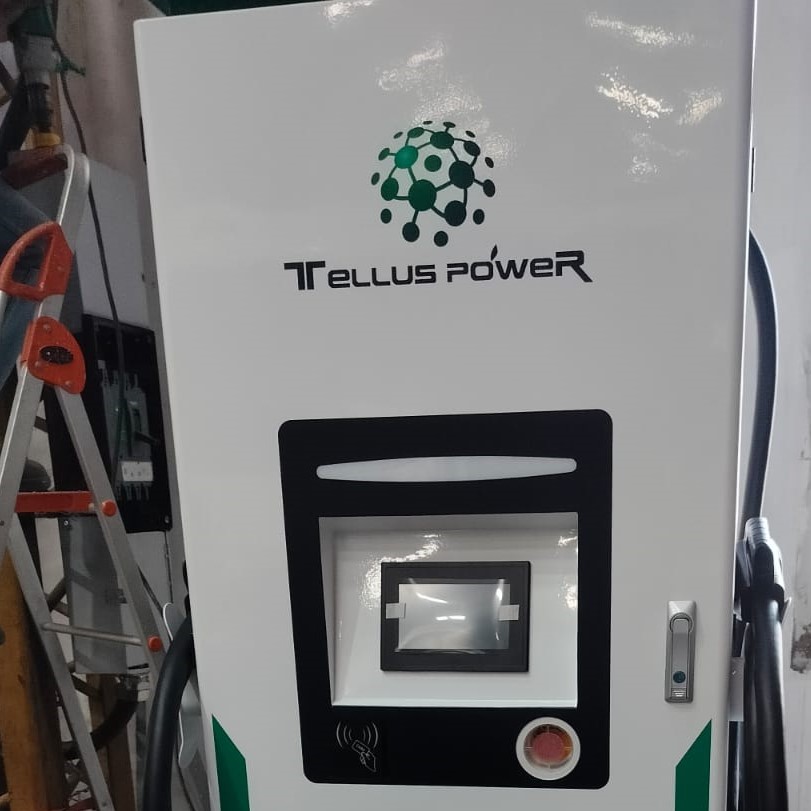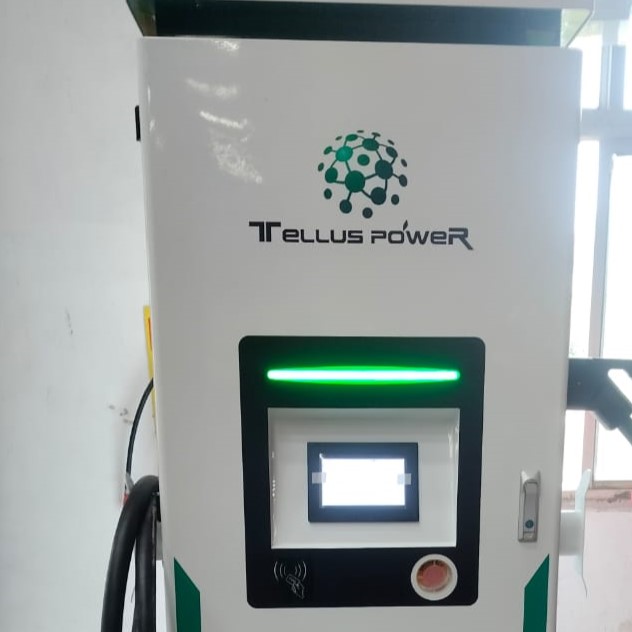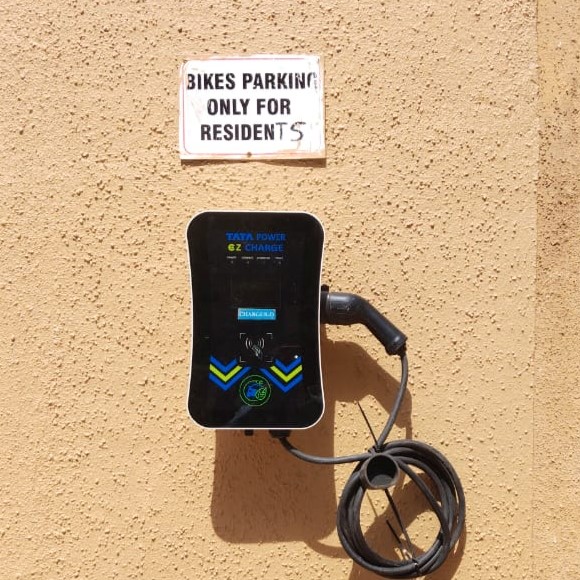India’s electric vehicle (EV) market experienced significant growth in 2024, with sales reaching approximately 2.02 million units, marking a 25.4% year-on-year increase from 1.61 million units in 2023. This surge elevated EVs to 7.7% of total vehicle sales, up from 6.4% the previous year .

A main factor to the growth of electric vehicle has been the development of the EV charging infrastructure. By April 2025, the number of public EV charging stations had increased nearly nine-fold over two years, rising from 1,800 in February 2022 to 25,000+ stations. Even though this progress, to support the projected 50 million EVs by 2030, India will require approximately 1.32 million chargers, demanding the installation of about 400,000 chargers annually.
States like Maharashtra, Delhi, Karnataka, and Tamil Nadu are leading the way in EV adoption and infrastructure. Simultaneously, Tier-2 cities are also progressing rapidly, as a result of growing awareness among people, rising fuel costs, and better policy support. The drop in battery prices and availability of more affordable EV models has also encouraged people and businesses to make the switch towards EV.
The government of India commitment to encouraging EV adoption can be seen through the initiatives like the Production Linked Incentive (PLI) scheme of the government, which has approved 82 applications with an estimated investment of ₹42,500 crore. This initiative has focused on increasing domestic manufacturing and to create approximately 140,000 jobs in the next five years .

Another important element that is driving the EV landscape in 2025 is the growing demand for two-wheeler and three-wheeler electric vehicles, particularly in urban and semi-urban regions. In 2024 alone, over 1.4 million electric two-wheelers were sold, that contribute to a significant portion in EV sales. These vehicles are not only affordable but also best for short distance and delivery services, which are at its peak in India’s digital economy.
The private sector is also playing a vital role. More businesses, malls, office parks, and housing societies are now installing EV chargers to attract eco-conscious consumers and tenants. This shift is pushing for more decentralized charging infrastructure, where convenience and accessibility are key. The push for interoperable charging networks, digital payments, and real-time charging data is also improving the user experience and speeding up adoption.

But installing EV charging stations isn’t just about plugging in and powering up. It needs proper planning, site inspection, power load management, and future scalability. That’s where companies like ETPL come in. ETPL (Ekta Telecommunication Pvt Ltd) is eagerly working across India to provide reliable and smart EV charging station installation services for residential complexes, commercial spaces, and public areas.
With on-field expertise and a strong technical team, ETPL is contributing to India’s EV future by offering faster, safer, and more efficient charging infrastructure. As the country is going toward cleaner transportation, ETPL is leading the change—one charging station at a time.
